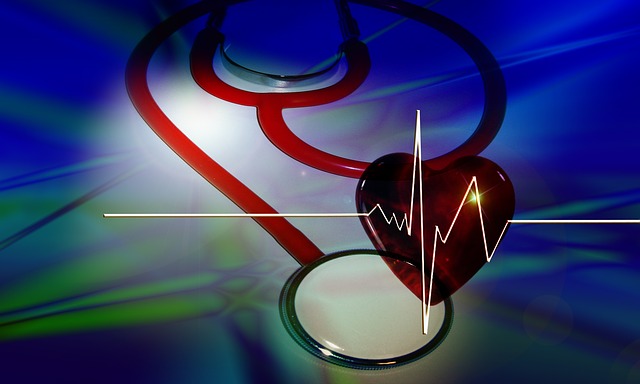
Conventional Heart Disease Advice May Make Matters Worse
One in four Americans over the age of 40 is currently taking a statin drug under the illusion that it will decrease their risk for heart disease.
Dr. David Diamond is a neuroscientist with a PhD in biology. He's also a Professor of Psychology, Molecular Pharmacology, and Physiology at the University of South Florida and a Research Career Scientist at the Tampa VA Hospital.
He ended up investigating both diet and statins as a result of having to address issues with his own health, and his conclusions are very different from the current status quo in medicine.
August 2, 2015 | Source: Mercola.com | by Dr. Mercola
One in four Americans over the age of 40 is currently taking a statin drug under the illusion that it will decrease their risk for heart disease.
Dr. David Diamond is a neuroscientist with a PhD in biology. He’s also a Professor of Psychology, Molecular Pharmacology, and Physiology at the University of South Florida and a Research Career Scientist at the Tampa VA Hospital.
He ended up investigating both diet and statins as a result of having to address issues with his own health, and his conclusions are very different from the current status quo in medicine.
Why Low-Fat Diets Are Ill Advised for Those at High Risk for Heart Disease
Fifteen years ago, when applying for life insurance, Dr. Diamond discovered he was at high risk for heart disease. It surprised him, as he’d been in good health, even though he’d gained about 20 pounds over the course of 15 years, and he had no family history of heart disease.
“When I looked at the blood test results, I saw why [I was placed in the high risk category],’ he says. ‘Triglycerides are recommended to be below 150 and even preferably below 100. My triglycerides were stratospheric at 750.
My high-density lipoprotein (HDL), which is called the ‘good cholesterol’ and which you’d like to be above 40 or 50, was about 20 to 25.
That combination of extremely high triglycerides and very low HDL put me at about a 15 times greater risk for heart attack compared to someone with optimal lipids.
I really believed this was an anomalous blood test. I figured I would exercise more – and I’ve exercised all my life – and follow the recommended American Heart Association (AHA) diet, so I cut back on my fat.
In six months, I figured, everything would be back to normal. But after six months, the numbers were the same.”
He admits being completely ignorant of nutrition. The only thing he “knew” was that saturated fat is bad for you, that it causes heart diseases, and that cholesterol clogs your arteries — both of which he now knows are wrong…
After exercising and following the recommended low-fat diet for five years, his triglycerides were still in the 700-800 range and his HDL remained at about 20-25. Making matters worse, he’d gained another five pounds.
“Perhaps the worst moment for me was when my doctor sat me down and said, ‘Okay the time has come. You’ve done your best, but diet and exercise just haven’t worked for you. It’s time for you to go on medication.’ He recommended fish oil, niacin, and a statin.”
https://www.youtube.com/watch?v=TNOJsIk31Iw
